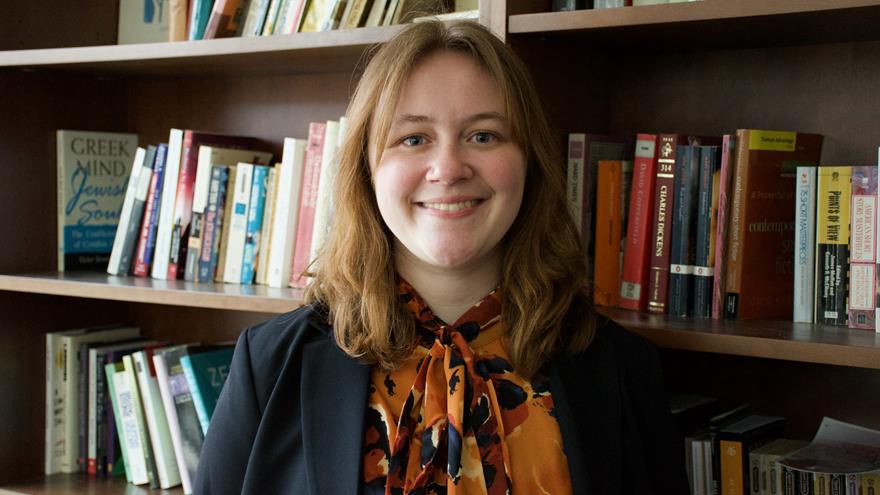Drexel Opens New Treatment Clinic for Eating Disorders and Weight Management

Shedding pounds — and keeping them off — isn’t easy. The standard advice on weight loss only works if people can stick with it (counting calories, daily exercise), and there are plenty of psychological obstacles that can get in the way, according to Evan Forman, PhD, a psychology professor at Drexel University’s College of Arts and Sciences. Similarly, those with eating disorders have problematic eating patterns and psychological relationships to food that are remarkably difficult to change.
For years, Forman and his Drexel colleagues have studied how the brain impacts what we eat, while developing new behavioral therapies to treat obesity and eating disorders that have proven successful. In 2016, for example, Forman and his colleagues showed that a method called acceptance-based behavioral treatment, which focuses on personal values and “mindful” decision-making, helped participants lose more than 13 percent of their initital weight.
While evidence-based treatments like ABT are among the most effective ways to make long-lasting health behavior changes, these solutions can be difficult to access in Philadelphia.
To address this gap in medical care, Forman and his colleagues are launching the WELL Center Clinic — a new outpatient clinic at Drexel University — this month that will provide evidence-based treatment for weight management, eating disorders and related conditions, all under one roof.
The WELL Center Clinic, located at 3101 Market Street, in University City, is an offshoot of Drexel’s Center for Weight, Eating and Lifestyle Science (WELL Center), which aims to develop new behavioral and technological solutions for treating obesity and disordered eating. The clinic’s official opening will kick off with a ribbon cutting ceremony and celebration at 2 p.m. on Monday, July 16.
“This clinic is a unique and much-needed resource for the Philadelphia community,” said Forman, director of the WELL Center. “Patients will have access to evidence-based solutions in health-related behavior change. Almost every day, we talk to people who have trouble finding treatment, or who get poor results from treatment. We are setting out to change the state of affairs for eating disorders and weight loss treatment in this region.”
Eating disorders have long been considered a problem that affects predominantly young, thin, white women. However, binge eating, anorexia, bulimia and yo-yo dieting can touch women and men of any age, weight or race, says Adrienne Juarascio, PhD, an assistant professor of psychology in the College of Arts and Sciences, who is a WELL Center key faculty member, alongside Forman and Meghan Butryn, PhD, an associate professor of psychology.
Locally, there are very few outpatient options for patients — adults especially — with eating disorder problems. Juarascio says that unless a patient has medical comorbidities (such as psychiatric disorders), outpatient treatment has been shown to be more effective in preventing relapses than residential, inpatient facilities.
“If you go spend a month away from home, you’re significantly more likely to suffer from a relapse once you return to your normal life,” Juarascio explained. “But if you learn the skills and strategies as part of your daily life and routine, you tend to have much better outcomes.”
The WELL Clinic will offer a variety of treatment strategies, including behavioral weight loss treatment, cognitive behavioral therapy and acceptance-based behavior treatment. Patients will also have the opportunity to enroll in a wide variety of clinical trials, as Drexel researchers test new methods and technologies for weight loss and eating disorder solutions.
Every WELL Clinic patient will undergo a comprehensive evaluation before beginning treatment and receive a health care plan specifically tailored to their needs and goals.
“We’re going to have a comprehensive range of services and a full range of specialists who are experts in specific issues and treatments,” Juarascio said.
Juarascio, Forman and Butryn hope that the services offered at Drexel’s WELL Clinic will lead to long-lasting behavior changes in the Philadelphia community.
The WELL Clinic staff can be reached at 215.553.7100 or by email at wellclinic@drexel.edu. Learn more at drexel.edu/wellclinic.
In This Article
Contact
Drexel News is produced by
University Marketing and Communications.
